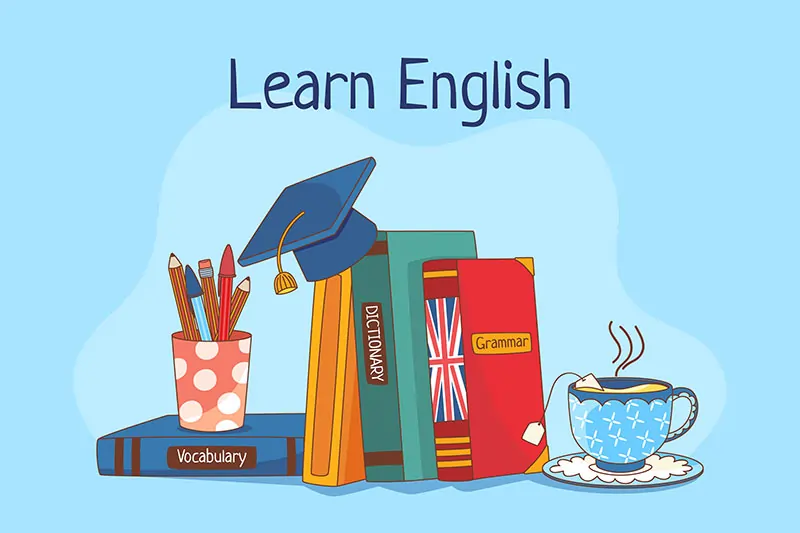How to Finally Pay Off Your Student Loan Debt
Perhaps like millions of others, student loan debt is that dark cloud that hovers over you. Every month, you pay off the obligations, but the balance barely seems to budge. Frustrating, exhausting, and often wondered with a sense of hopelessness: “Will I ever be debt-free?” Yes, it’s possible – once one plans and commits – to pay off student loan debt.
Here’s how you can regain control of your student loans, work on paying them off, and finally watch that balance go down.
1. Understand Your Loans Inside and Out
For you to devise a proper strategy to attack your student loans, it is imperative to know what is involved in your loan details. Many students routinely pay their loans without knowing the terms and conditions of their loan.
First, you can begin by gathering all the data on your student loans, including things like what the following are:
- Interest rates: What are the interest rates associated with your loans? Are they fixed or variable?
- Loan balance: How much do you owe, and is your loan subsidized or unsubsidized?
- Repayment terms: For how many years must you repay the loan, and what type of repayment plan are you on?
This information will help you know how much of your payment is going toward interest and how much is going toward the principal. Understand your loan’s interest rate because that will help you determine which loans to pay off first.
Once you have all the details, consider whether your current repayment plan is the best option for you. The Standard Repayment Plan, which spans 10 years, is the default option for most federal student loans. But there are several other plans, like Income-Driven Repayment (IDR) plans, which might offer lower monthly payments if you’re struggling to make ends meet.
If helpful, you might consider meeting with a student loan lawyer to help you gather all of the necessary information and gain an understanding of all your different options.
2. Make Extra Payments When Possible
Among other effective ways to pay off student loan debt is making extra payments on loans. Even though it is a little bit here and there, any extra payment cuts down the principal amount, thereby reducing the interest payable during the life of the loan.
The important thing here is to ensure that any extra payments are being directed directly to the principal balance rather than future payments. A lot of loan servicing companies automatically apply extra payments to the next month’s payment, but you can ask them to apply it directly to the principal. Such payments would be considered when your total balance is being reduced much quicker and bringing you closer to debt-free.
3. Consider Debt Consolidation or Refinancing
You have numerous student loans from different colleges, each charging a varying interest rate. Consolidation or refinancing may make sense. When consolidating your student loans, it’s as if you gather all those student loans in one bucket and combine them into one loan, which oftentimes will be at a lower interest rate or in more favorable terms. So, consolidating can facilitate your payment process and often reduce your monthly payment.
There are two main options for consolidating student loans:
- Federal Direct Consolidation Loan: This is available to you if you have federal student loans and you can consolidate multiple federal loans into one. This will not reduce your interest rate, but it may stretch your repayment period and make your payments easier.
- Private Student Loan Refinancing: It is available for both federal and private student loans. You can even secure lower interest rates through the refinancing process of your loan from a private lender which may save you hundreds of money in the long run. However, you must note that private lenders can make your federal loans unavailable for forbearance, deferment, or even for an income-driven repayment plan.
Compare rates and terms between different lenders before consolidating or refinancing, thus seeking the best package for the situation.
Related reading: Tips on How to Save on Online College Education: Best Options
4. Explore Loan Forgiveness Programs
Some careers also have loan forgiveness plans. For example, with Public Service Loan Forgiveness (PSLF), the government will write off the balance left on federal Direct Loans once you work full-time for a qualified employer, which could include the government or any organization that is considered not-for-profit.
There are other plans, such as Teacher Loan Forgiveness and Income-Driven Repayment Forgiveness, for specific situations. If you’re working in public service or teaching, you may find yourself eligible for one of these options.
5. Create a Long-Term Financial Strategy
Repaying student loan debt is more than making payments-it’s an overall plan for your financial lifetime to serve both the burden of existing debt and prepare you for the rest of your life. When you pay off your debt, you can forget everything else and thus risk getting caught due to unexpected expenses from not saving for retirement or an emergency fund.
To create a sustainable financial strategy, consider:
- Setting up a budget that includes both debt payments and savings goals.
- Building an emergency fund to cover at least three to six months’ worth of expenses.
- Investing for the future by contributing to retirement accounts, such as a 401(k) or IRA, even while paying down your student loans.
Putting it All Together
Every situation is unique, but if you are dealing with a mountain of student loan debt, these tips will help you gain a little more control over your situation. And regardless of what you do, be sure to remain proactive! This is not something you want to let drag on for years to come.



